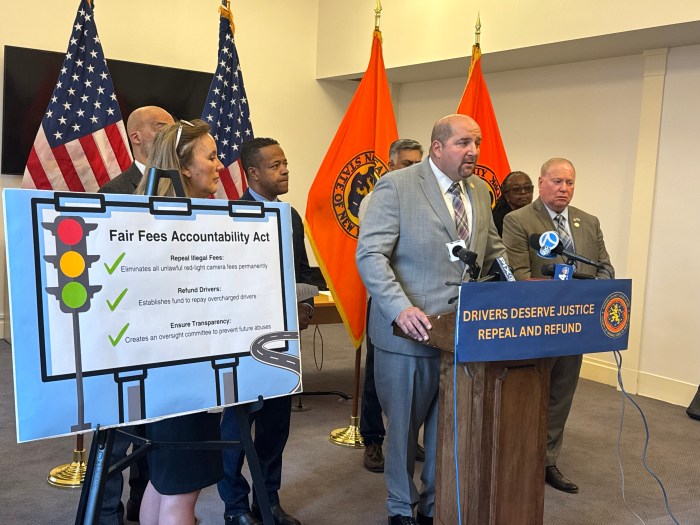Editorial@antonmediagroup.com
A Personal Medical Record (PMR), is a tool used in collecting, tracking and sharing past and up to date information about one’s health. It may be either in paper form which can easily be stored at home with other important documents, or in electronic form which is the most current and appropriate.
Keeping a PMR is important because it encourages you to be proactive and more informed in your personal health. It is worth noting that it is inevitably impossible that you’ll only have one doctor throughout your life time as most of us change doctors and are being followed by several doctors simultaneously. It’s prudent to keep a PMR because you can bring it with you on scheduled visits to specialists, new doctors, or an impromptu trip to the emergency room. The question is what type of information should one keep in a PMR? The following is pertinent information that needs to be contained in a PMR:
• Bio Data: Name, contacts (address and telephone), date of birth, social security number, blood type and emergency contacts
• Physicians Visited: This includes name and contacts of Opticians, Dentists, and other practitioners visited in the past
• Documentation and Dates of Specific Surgeries and /or Illnesses: Include important documents, hospital addresses and dates
Information on Health Insurance
• Vital Diagnosis and Results: Such as optical and dental results including dates tested
• Advice of Specialists Visited: Include dates
• Results of Past Diagnosis and Screenings: Include dates
• Physical Examination and Results: Include dates
• List of Medications and Drugs Administered to date: Treatments, Immunizations, among others, with dates
• Reactions/Allergies to Certain Drugs and/or food
• Authorization of Organ Donation: Include documentation with dates
• Family Hereditary Health History: Include important events and dates such as, lost mother to breast cancer at 48, father has high blood pressure and other pertinent information
Medical practitioners or health care institutions that provide PMR’s must do it in line with laws that protect patient’s medical privacy such as the Confidentiality of Medical Information Act (CMIA) and Health Insurance Portability and Accountability Act, HIPAA, and also have lay down standards to ensure that medical information is properly secured.
Although the American Health Information Management Association (AHMA) provides a software or web-based personal medical record, there are also numerous software and apps for keeping track of personal medical info, a handful are free and others are low cost and are mostly available in iOS and Android gadgets some of which are: Track My Medical Records, iBlueButton, Capzule PHR, My Medical, among others. After putting together your PMR, perhaps with one of the aforementioned tools, you should try as much as possible to always update it with future medical records.
In all, a PMR, provides easier means for your personal health history to be conveniently accessible by health care providers and most times, this information can save you time and money in carrying out routine medical tests and can also help avert any detrimental health contingency. To get better control of one’s health, it is important to keep a PMR. To receive a complimentary PMR Booklet, please contact me at robin@roslynacupuncture.com.





























